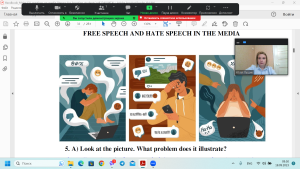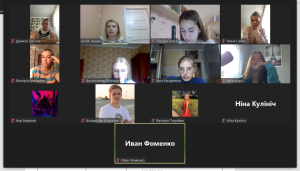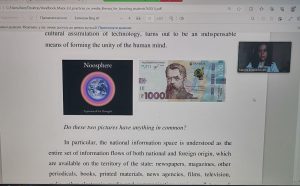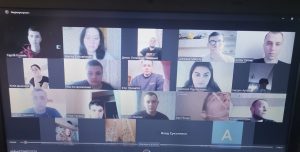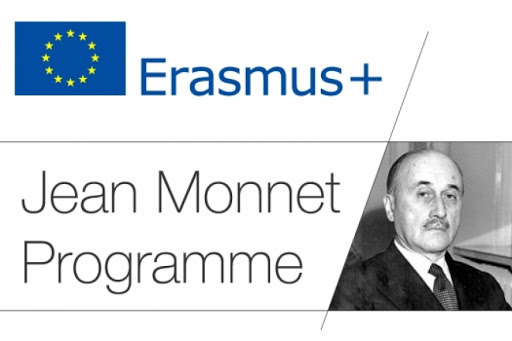The course titled “EU Strategies Extrapolation for Boosting Students’ Media Literacy in Ukrainian Higher Education” has commenced.
Media literacy is not only an academic pursuit but also a vital life skill. In today’s world, where we are overloaded with information, it’s more crucial than ever to understand the complexities and effects of media. This course is expected to give its participants the tools to navigate the media landscape with confidence, evaluate information critically, and become responsible and informed citizens in our increasingly interconnected world.
Course Aim: This course is not just another ordinary educational endeavour; its mission is to create a European-oriented discourse of media literacy. The course focuses on providing both theoretical and practical foundations to enhance media awareness among various groups. The ultimate goal is to promote knowledge about the EU media space, share leading practices in media literacy, and contribute to the growth of a democratic society.
Participants: Approximately 70 enthusiastic participants from diverse academic backgrounds, namely: students from the Law Faculty (3rd year), the Faculty of Economics and Management (1st year), and the Faculty of Veterinary Medicine (1st year) are involved. This diverse mix of perspectives and experiences is sure to enrich discussions on media literacy.
Expert Instructors: The course is guided by a team of highly qualified and dedicated educators:
Tetiana Klochkova, PhD in Education and Associate Professor of the Department of Foreign Languages;
Marina Bilotserkovets, PhD in Education and Associate Professor of the Department of Foreign Languages;
Tetiana Fomenko, PhD in Education and Associate Professor of the Department of Foreign Languages;
Yuliia Lushchyk, PhD in Education and Associate Professor of the Department of Foreign Languages.
Course Duration: The course is designed to last for 30 hours of intensive online learning.
Course Content: The course covers 14 important theoretical and practical themes dealing with media literacy. The participants will learn a wide range of issues, from the definition of media literacy, identifying the types of distorted information, propaganda, hate speech, and cyberbullying, to skilful and safely navigating the complex media environment.
Stay Connected: Throughout the course, active engagement, collaboration, and idea-sharing among participants are encouraged to build a supportive community of media-literate individuals. One of the aims is to make this course a memorable and enriching experience for all participants.
